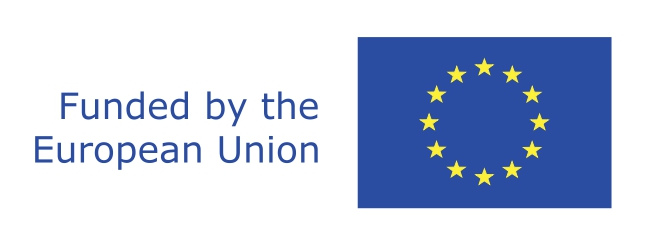InnWater, a new project to support good water governance and water systems sustainability
- Nature Governance
- European Commission
- ItalyHungaryUnited KingdomSpainFrance
- 2023
- www.innwater.eu


EURECAT
Regionális Energiagazdasági Kutatóközpont: REKK
Consiglio di Bacino Brenta
Istituto Universitario di Studi Europei
Université de Rouen
City Council de Figueres
WAREG – European Water Regulators
Université de la Réunion
ETIFOR SRL
Central Tisza Rural Water Directorate
Stockholm International Water Institute
Office International de l’Eau
Water crises are, more than anything else, governance crises. As our most precious resource becomes scarce due to overexploitation and a changing climate, which favors extreme events such as droughts and floods, rules, agreements, and cooperation between stakeholders around water management become more critical than ever.
InnWater (complete name “Promoting social INNovation to renew multi-level and cross sector WATER governance”) seeks to develop methodological, technological, and participatory tools to improve the governance contexts of the drinking water sector in Europe, starting in five pilot areas across the continent. The project is composed of a consortium of relevant stakeholders in the drinking water sector, such as water regulators, municipalities, river basin authorities, and universities and research centers specialized in water governance and management. This project is part of the Horizon Europe program for research and innovation, funded by the European Commission. InnWater expected impacts entail policy recommendations for aligning the drinking water sector with the European Green Deal and the Sustainable Development Goals.
The problem
Water governance is composed of different core functions: the definition of policies and strategies, the coordination of actions among actors, the financing of programs, and the application of regulations. This is why assessing governance problems or “governance gaps” is not a simple task and requires methods that allow evaluating different contexts to understand possible solutions based on successful experiences elsewhere. At the same time, such evaluation methods must be flexible enough to adapt to local conditions and support the participation of a wide diversity of stakeholders.
The project
The project aims to develop a practical methodology to “diagnose” the governance situation of the drinking water sector, focusing on five pilot sites in Europe to extend this practice. The methodology will be based on the OECD Water Governance principles and other relevant governance frameworks. This diagnostic tool will be complemented by a guide of approaches and mechanisms to promote good governance, illustrated by examples that respond to the specific governance challenges of the pilot sites. The selection of approaches and mechanisms will be participatory, involving a broad audience of stakeholders, including civil society groups.
Our contribution
Etifor will be responsible for coordinating the development of an assessment framework on good governance to guide public authorities, water regulators, and other stakeholders in the drinking water sector. This framework will allow stakeholders to identify governance gaps in their context and prioritize actions to overcome them, aligning the sector with the EU Green Deal and the SDGs. This work will be carried out with high-impact organizations on water policy development, such as the Stockholm International Water Institute (SIWI) and the Florence School of Regulation Water and Waste Area of the European University Institute.
Furthermore, Etifor will lead the integration of this methodology in the contexts of the five InnWater pilots (Italy, France, United Kingdom, Spain, and Hungary), with special attention to the middle basin of the Brenta River, where we have a long-lasting process of promoting good water governance.

